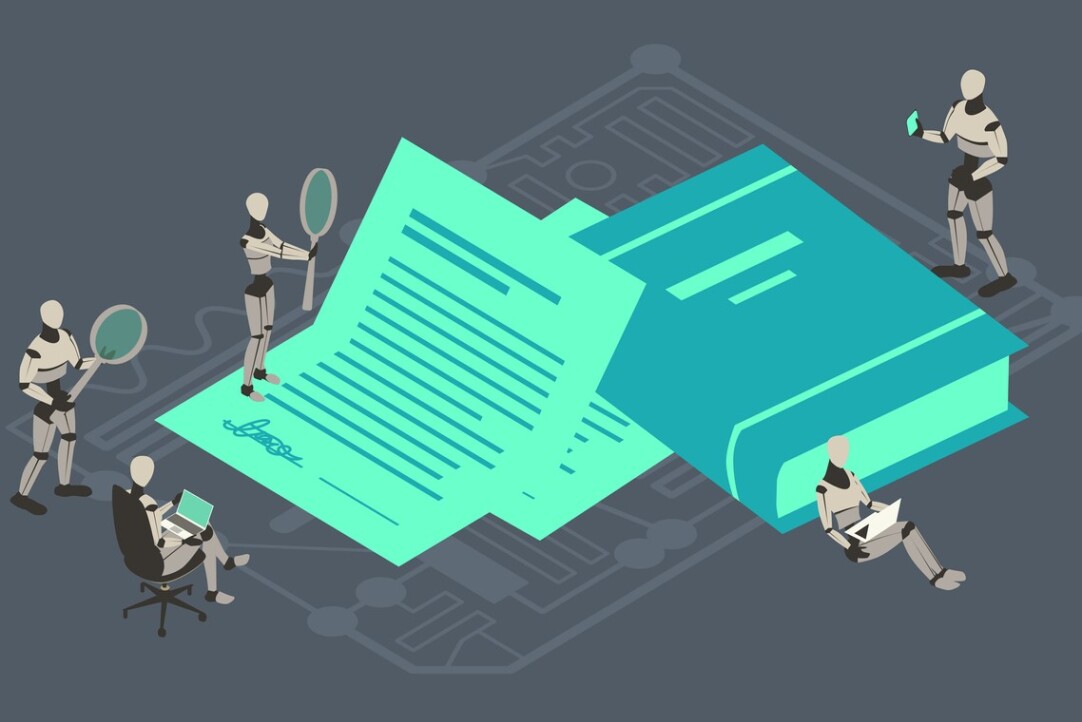
‘Bots Are Simply Imitators, not Artists’: How to Distinguish Artificial Intellect from a Real Author
Today, text bots like ChatGPT are doing many tasks that were originally human work. In our place, they can rewrite ‘War and Peace’ in a Shakespearean style, write a thesis on Ancient Mesopotamia, or create a Valentine’s Day card. But is there any way to identify an AI-generated text and distinguish it from works done by a human being? Can we catch out a robot? The Deputy Head of the HSE School of Data Analysis and Artificial Intelligence, Professor of the HSE Faculty of Computer Science Vasilii Gromov explained the answer in his lecture ‘Catch out a Bot, or the Large-Scale Structure of Natural Intelligence’ for Znanie intellectual society.
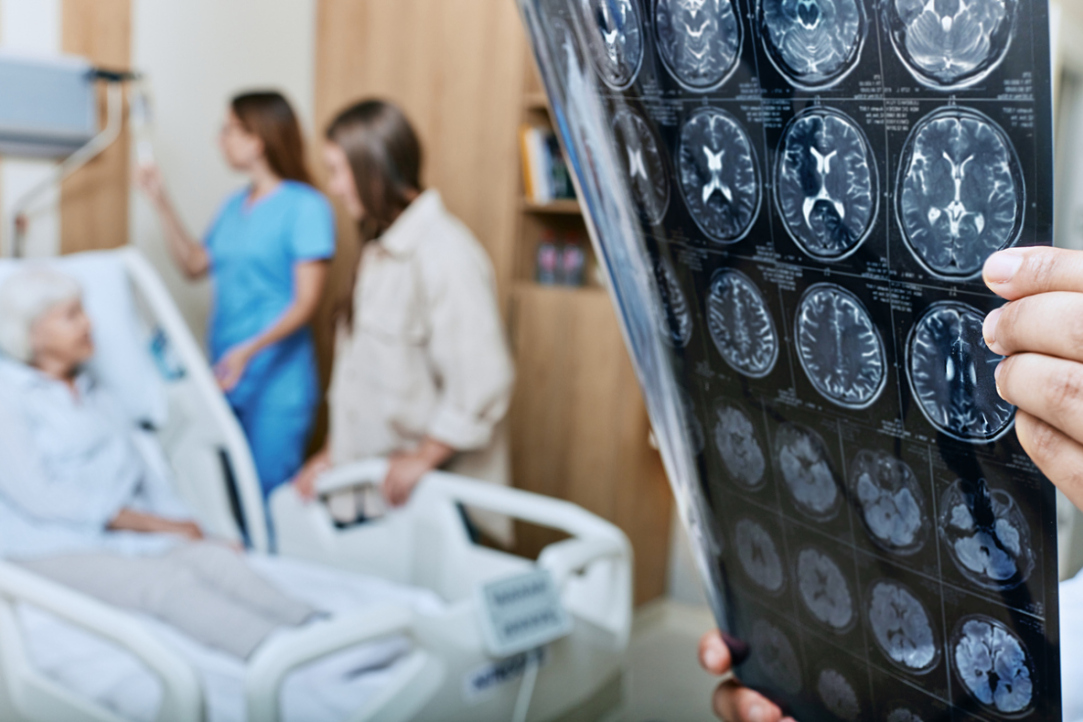
Neural Network Developed at HSE Campus in Perm Will Determine Root Cause of Stroke in Patients
Specialists at HSE Campus in Perm and clinicians at Perm City Clinical Hospital No. 4, have been collaborating to develop a neural network capable of determining the root cause of a stroke. This marks the world's first attempt to create such a system, the developers note.

AI Assists with Fact-Checking: HSE Scientists Streamline Information Verification
Specialists at the HSE AI Research Centre have developed an AI-powered fact-checking assistant. This software solution will improve the quality of working with information, reduce the risks of errors and biases, and save both time and resources. A notable advantage of the program lies in its capability to process a wide variety of statement types.
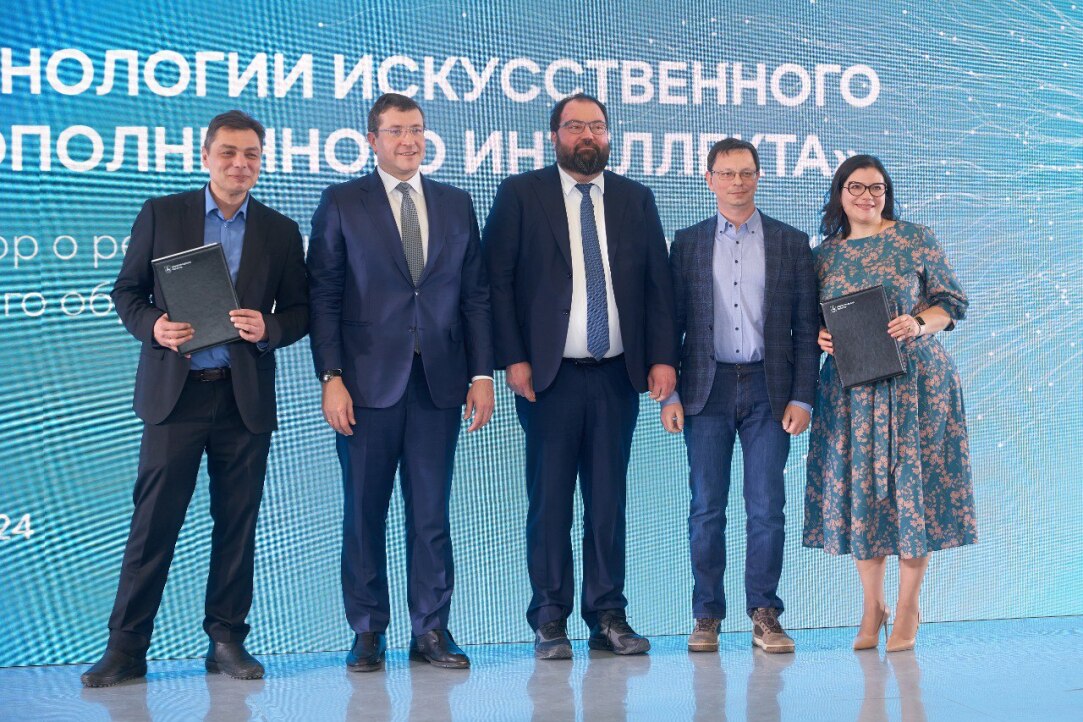
HSE University and Neimark IT Campus Sign an Agreement on Launching an AI Network Programme
HSE University, together with the world-class Neimark IT campus, is preparing a unique professional environment for future IT specialists: to this end, an IT school will be created in the Nizhny Novgorod region, and on September 1st, the first network degree programme ‘Artificial and Augmented Intelligence Technologies’ will be launched at HSE University in Nizhny Novgorod.
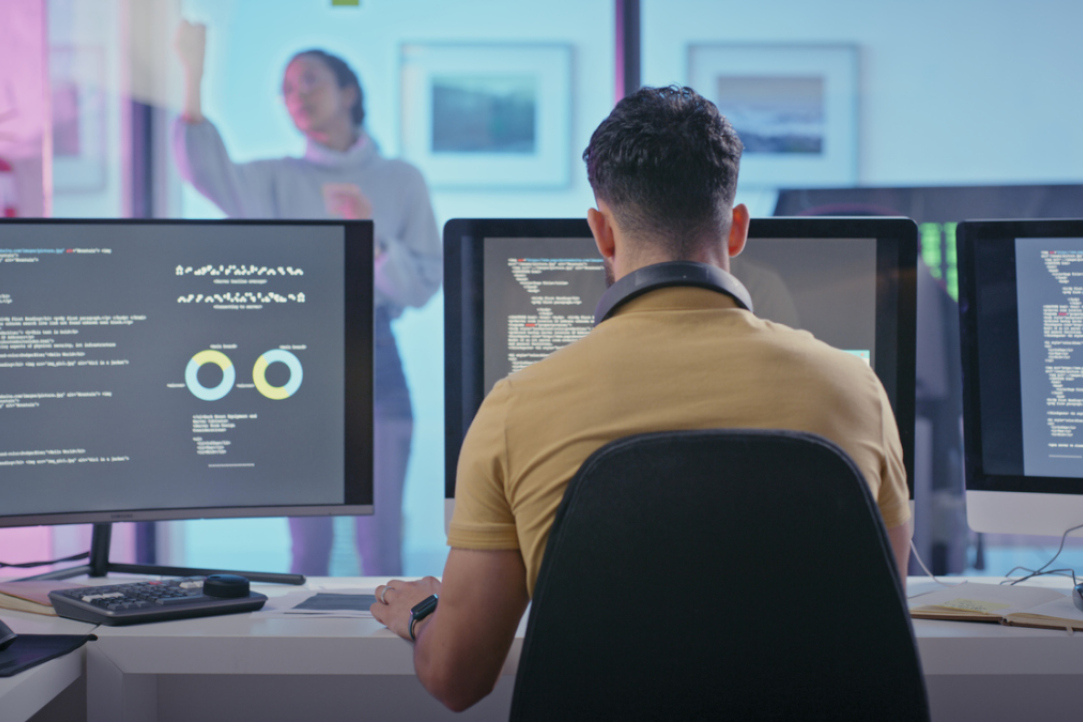
Russian Scientists Develop AI Algorithm for Faster Prediction of Earthquakes and Disease Outbreaks
Researchers at the HSE University AI Research Centre and Faculty of Computer Science have proposed a novel algorithm for detecting structural changes in time series. The method uses a neural network to compare various segments of a series, enabling rapid detection of changes in its behaviour. The results of their work have been presented at the 26th International Conference on Artificial Intelligence and Statistics— AISTATS (A*).

Neural Networks of Power: AI Unravels Knots and Tangles in Relationships between Humans, Elves and Hobbits
One of the most popular writers of the last century, John Ronald Reuel Tolkien, was born on January 3rd. Researchers from HSE University, AIRI and MISSIS have used machine learning to explore the social connections between the characters of his Middle-earth universe. The algorithm managed to create an accurate picture of the social structures and dynamics of the characters' relationships, providing a unique map of interactions in the epic world. The results of the work were published in IEEE Xplore.

The Perfect Trap: How the Relationship between Humans and AI Is Transforming
Artificial intelligence is increasingly becoming an integral part of our life. We are now so used to its help and services that we get completely lost when we can’t connect to the internet. Could a person fall in love with AI? What will its humanisation lead to? These and other questions were discussed at this year’s LSES Christmas movie seminar, which was dedicated to Spike Jonze's film Her.
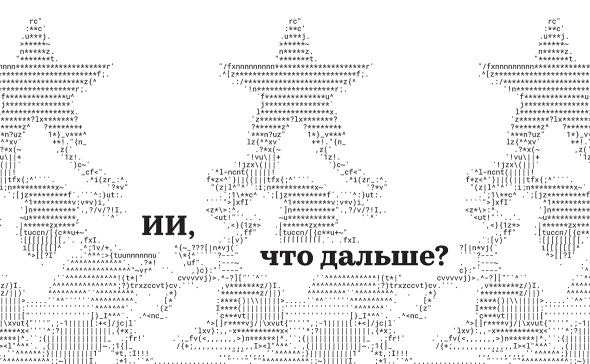
What Will 2024 Be Like? The Forecast by iFORA
RBC journalists decided to ask Russian artificial intelligence systems what 2024 will be like. Four leading Russian companies and HSE University took part in the project. The questions were answered by the iFORA big data intelligent analysis system developed by HSE ISSEK.


Deadline for applications to present academic reports - January 20, 2025